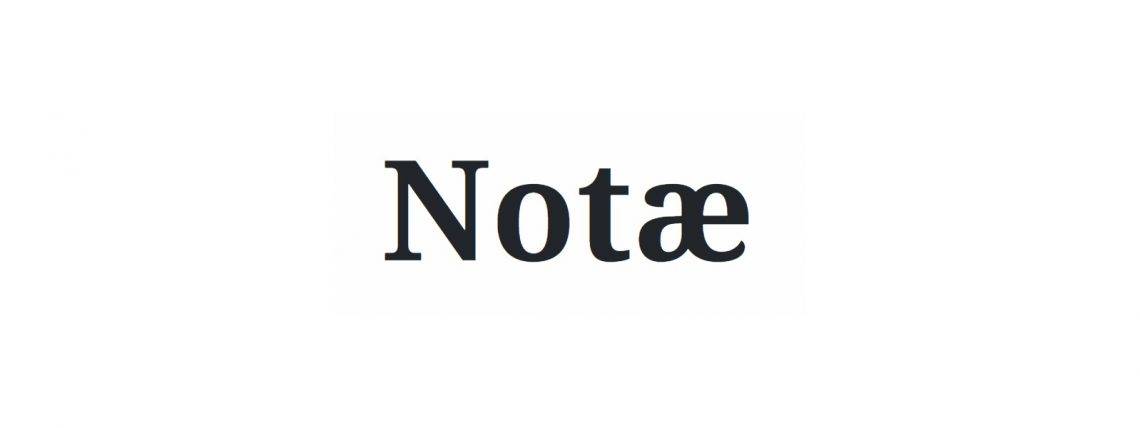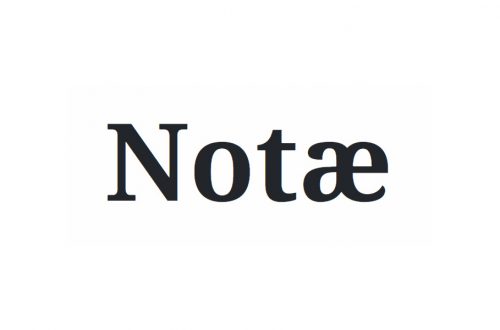“Free the Children,” by Leah Libresco Sargeant in First Things
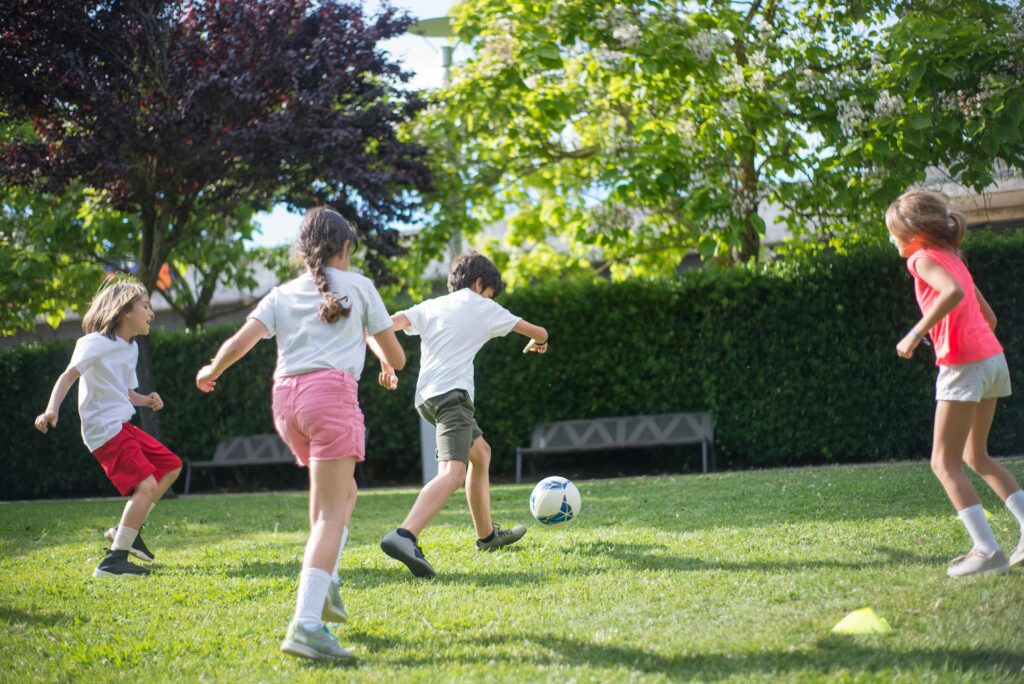
Some of the pressure comes from the criminalization of what was, in Carney’s childhood, normal parenting—letting elementary-age kids wander the neighborhood with their friends, without so much as a GPS minder, let alone a supervising parent. But there’s also a miasmic antipathy, expressed even toward children who are all but leashed. “I don’t like kids” is treated as one “lifestyle choice” among many—whereas it’s harder to imagine people saying out loud, “I just don’t think the elderly should be out in ‘normal’ spaces.”
“Hinges and a Lock,” by Gregory Thompson in Comment
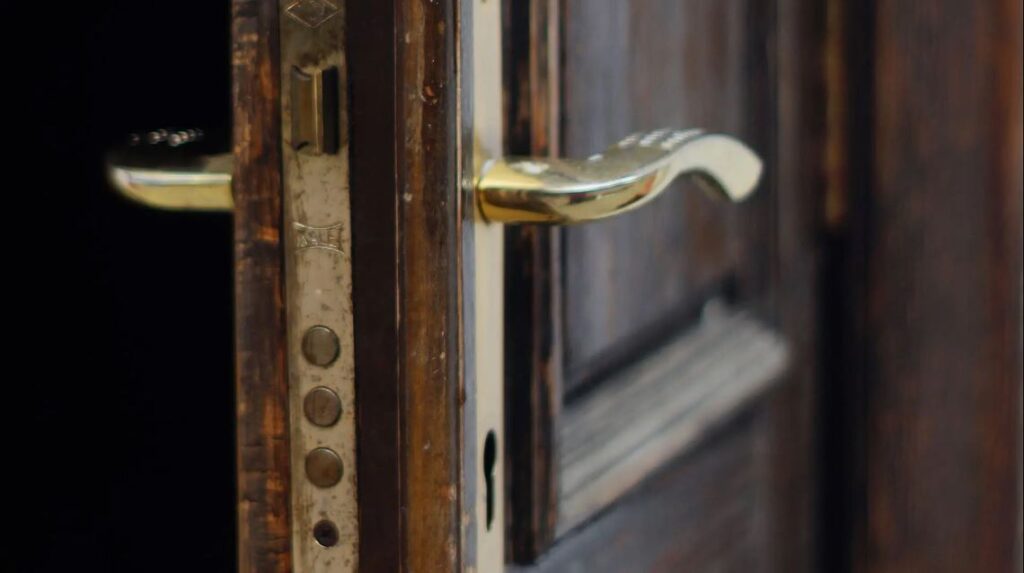
Anyone who works at hospitality long enough will tell you that this kind of life—no matter how full of light—also entails its share of shadow. There’s a reason that chefs have scars and pubs have bouncers. Hospitality, for all its beauty, is inevitably twinned with pain. And so it was for us.
“The War at Stanford,” by Theo Baker in The Atlantic
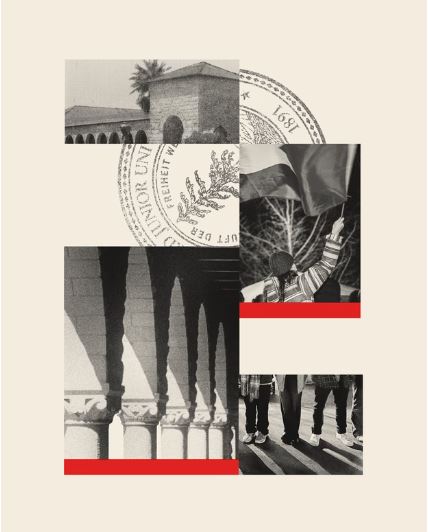
People tend to blame the campus wars on two villains: dithering administrators and radical student activists. But colleges have always had dithering administrators and radical student activists. To my mind, it’s the average students who have changed.
Elite universities attract a certain kind of student: the overachieving striver who has won all the right accolades for all the right activities. Is it such a surprise that the kids who are trained in the constant pursuit of perfect scores think they have to look at the world like a series of multiple-choice questions, with clearly right or wrong answers? Or that they think they can gamify a political cause in the same way they ace a standardized test?
“Initial Notes on Ministry in a Therapeutic Age,” by Jake Meador in Mere Orthodoxy
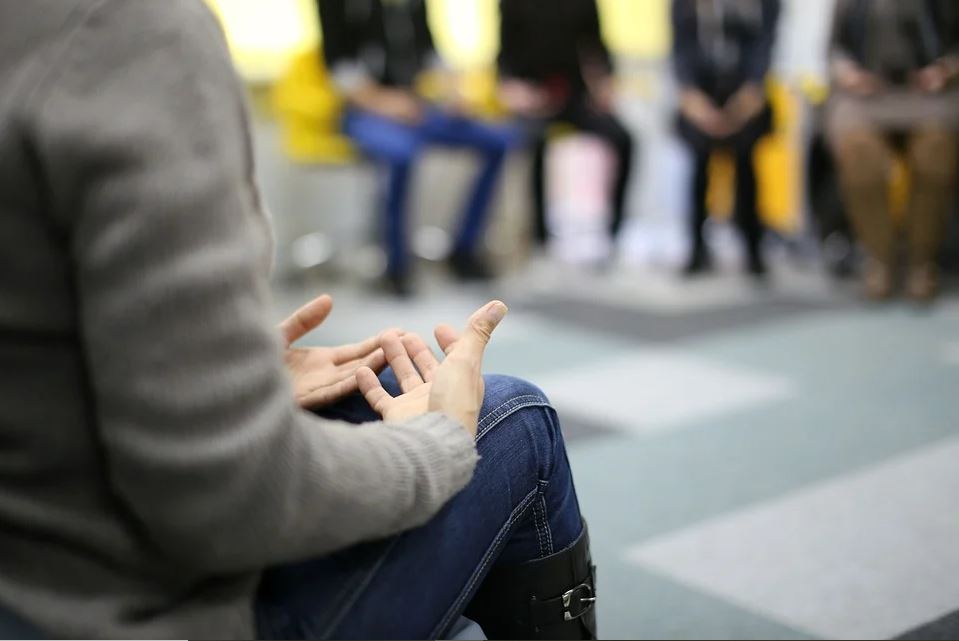
We don’t live in that sort of environment any longer. Most people don’t have a clear idea of what Christianity is. Just last week I was speaking with a friend who had been briefly attending a fairly large evangelical church in Lincoln. He was meeting with a young man from the church who had attended for seven years. The young man took to my friend as a kind of mentor and started asking him various questions. Amongst those questions was “How big a deal is Jesus in Christianity? Like, can I just pray to God directly or do I need to believe certain things about Jesus too?” That’s the level of Christian knowledge with someone who has been going regularly to a church for seven years. We are in a space now where people don’t know what Christianity is, they aren’t living in a world tacitly shaped by Christianity, and so they are having to find other stories and belief systems to structure their life. The therapeutic is one of those systems and it is not irrational or at all strange that it has become such.
“The Invention of Parenting,” by Holly Taylor Coolman in Church Life Journal
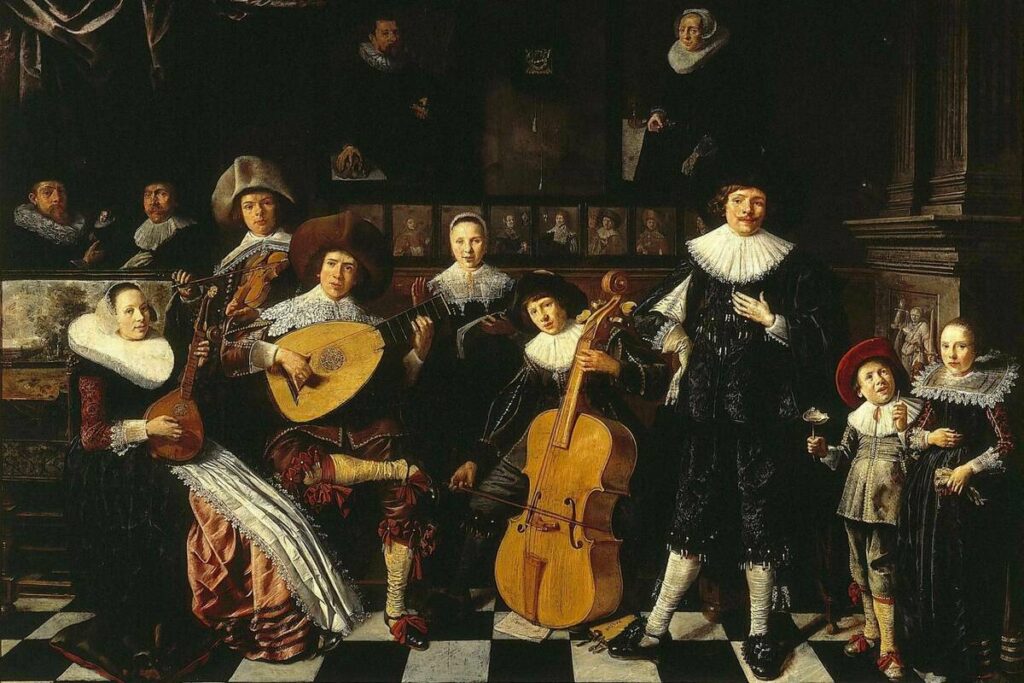
With the resources of real community in play, and with a model of parenting as something like apprenticeship, it is easier to see that parenting is simply not most helpfully imagined as a “job.” Of course parents must take up certain habits and master certain skills, but to reduce parenting to those misses the point. Ultimately, we could say that parents are called to give to their children not simply time or energy, but themselves.
